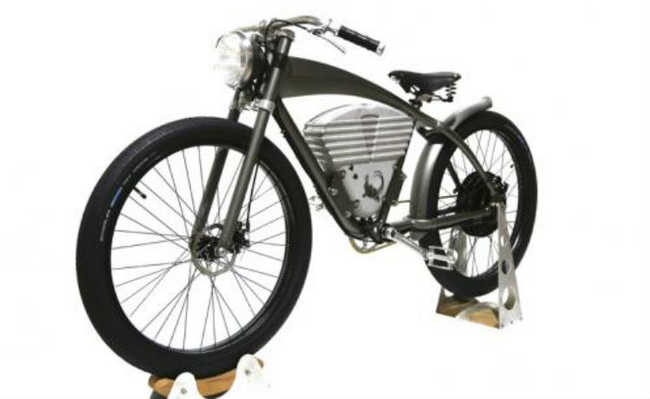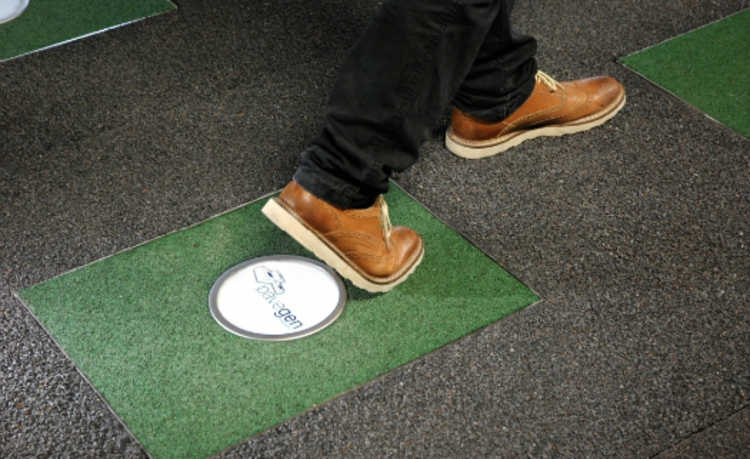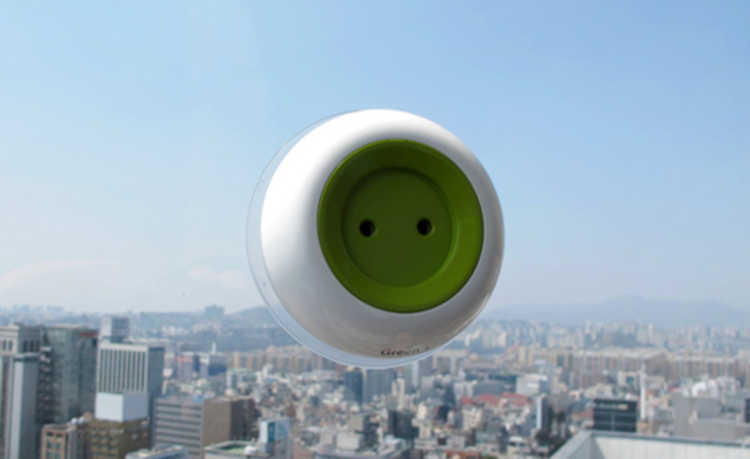Standing up for too long can be worse for your health than sitting all day, study says
Working at a table without chairs may not be very helpful in improving health.

There is a high chance that you have already come across some news saying that sitting all day is very bad for your health. Office workers were rightly concerned, and some desks were developed that make standing work possible. But, according to recent research, standing for hours can be worse than sitting all day.
The study, published in a recent issue of American Journal of Epidemiology, followed 7,320 participants - divided equally between men and women - for 12 years, comparing data on their types of work and medical histories. The participants' jobs were grouped by category: those that mainly involved sitting down; those consisting mainly of standing; those who combined walking with standing and sitting; and works that mix other body positions (squats or other types of bending).
At the end of the 12-year follow-up of participants, researchers found that 3.4% of participants (4.6% of men and 2.1% of women) developed heart disease. The probability of developing this type of disease was doubled for those who stood all day at work when compared to those who worked sitting down or whose work involved a combination of positions. Even when the researchers took into account factors such as body mass index, daily physical activity, and other physical work requirements, the results remained the same.
Surprise?
Sitting around all day is bad for a number of reasons - metabolic inactivity is one of them (see more in "Metabolic syndrome and 'sitting sickness'") - and the new study doesn't negate the proven harms of sitting for hours the thread. The point is that spending a lot of time standing up doesn't help either, as it causes blood to pool in the legs, making it difficult for the heart to pump it.
The study also made an interesting analysis of participants whose work involved a mixture of standing and sitting positions or a mixture of other body positions. Overall, participants in these papers were no more likely to develop heart disease than those who sat there all day. But when separated by gender, men in combined jobs reduced their risk of heart disease by 39% compared to those in seated jobs; women in combined jobs were 80% more likely to develop heart disease than those whose jobs involved more sitting time.
The survey did not draw any conclusions about why these gender differences exist. But the study's authors speculated that the types of jobs with alternate positions more common in men's and women's routine might have something to do with it. For men, these jobs used to be occupations, such as drivers of postal companies or managers of retail stores. For women, the participants whose jobs involved a combination of standing, sitting, and other positions were nurses, teachers, and cashiers—jobs that can involve high levels of physical and psychological demands.
What's the solution?
If you are an office worker who sits all day, you shouldn't buy a desk to work standing up. If there's one thing this study shows, it's that staying too long in any position (sitting or standing) for too long is bad for your health. The key is to switch between these positions and incorporate some stress-relieving movements throughout the workday, such as walking or stretching throughout the day.
Source: Mother Nature Network










